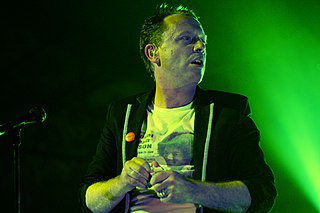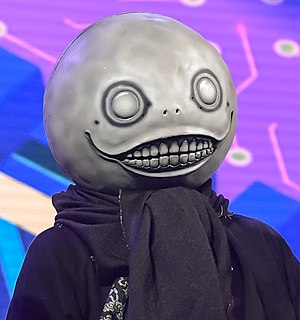A Quote by John Green
. . . Endlessness is a really strange idea in a universe that is defined by its endings.
Related Quotes
An ignorant man believes that the whole universe only exists for him: as if nothing else required any consideration. If, therefore, anything happens to him contrary to his expectation, he at once concludes that the whole universe is evil. If, however, he would take into consideration the whole universe, form an idea of it, and comprehend what a small portion he is of the Universe, he will find the truth. There are many ... passages in the books of the prophets expressing the same idea.

































